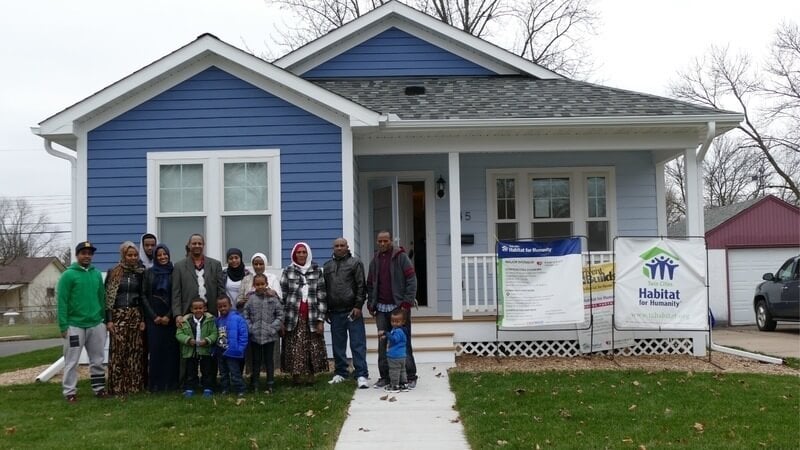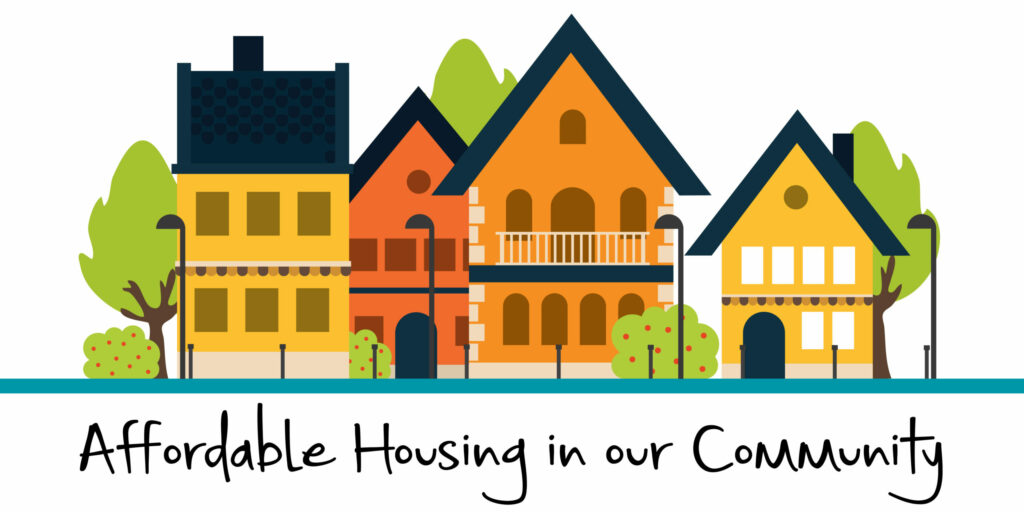Why Affordable Homeownership is Possible for More People
Why Affordable Homeownership is Possible for More People
Blog Article
Affordable Homeownership Options for First-Time Homebuyers
As the housing market proceeds to develop, first-time buyers face distinct difficulties in safeguarding cost effective homeownership alternatives. These initiatives not just help with homeownership yet also foster neighborhood stability and economic growth.
Government Support Programs
Entitlement program programs play a critical duty in making homeownership possible for several people and families. These programs aim to relieve the economic concern connected with purchasing a home, especially for first-time purchasers. By using financial assistance, gives, and tax rewards, federal government efforts aid link the gap between climbing housing expenses and the buying power of possible home owners.
Numerous programs are offered at the government, state, and local levels. For instance, the Federal Real Estate Administration (FHA) offers insurance on fundings, allowing lenders to use more desirable terms, such as reduced deposits and minimized rate of interest. Additionally, state and city governments frequently have their very own initiatives, which may consist of down repayment support programs, property buyer education courses, and favorable mortgage terms.
These programs are designed to deal with the special obstacles dealt with by low- to moderate-income families, consisting of minimal financial savings and credit rating. By promoting an environment where homeownership is more accessible, entitlement program programs not just support specific ambitions but likewise add to area security and economic growth. Understanding and making use of these resources can significantly boost the prospects of successful homeownership.
Low-Down-Payment Home Mortgages
For several hopeful home owners, low-down-payment mortgages offer a feasible pathway to homeownership, especially in today's challenging housing market. These mortgage alternatives generally call for down payments varying from 3% to 5%, making it easier for novice purchasers to enter the marketplace without the burden of conserving for a substantial down repayment.
Numerous lenders use low-down-payment programs, consisting of conventional financings backed by Fannie Mae and Freddie Mac, as well as government-backed choices like FHA lendings. These home loans are designed to accommodate people with limited savings while still giving competitive rate of interest. Notably, they allow customers to retain more cash for other crucial expenses, such as relocating expenses, home examinations, and potential remodellings.
Nevertheless, possible homeowners ought to bear in mind the trade-offs connected with low-down-payment home mortgages. A smaller deposit may cause higher regular monthly payments and the necessity of personal mortgage insurance coverage (PMI), which safeguards lenders in instance of default. As a result, it is important for novice buyers to conduct thorough research and speak with home mortgage specialists, guaranteeing they choose a low-down-payment option that aligns with their long-term financial objectives. Affordable Homeownership.
First-Time Buyer Grants
Many newbie homebuyers locate that gives can considerably ease the monetary burden of buying a home, enhancing low-down-payment home loan alternatives. These grants, often provided by state and non-profit companies or regional governments, provide economic assistance that does not call for repayment, making them an attractive choice for those entering the housing market.
Eligibility for first-time buyer gives usually depends on revenue, creditworthiness, and the acquisition rate of the home. Numerous programs are created to find out help reduced- to moderate-income families, making sure that assistance reaches those who need it most. The application procedure often includes paperwork of economic standing, homebuyer education and learning training courses, and sometimes even a commitment to stay in the home for a specific period.
The amount of help differs extensively, with some gives supplying a number of thousand bucks to aid cover shutting prices or deposits. Looking into available gives in your location is important, as programs often change and may have particular demands. By leveraging these monetary resources, novice homebuyers can make homeownership much more easily accessible, eventually accomplishing their desire for having a home while minimizing the initial economic pressure.
Ingenious Neighborhood Campaigns
Innovative neighborhood initiatives are playing an important function in increasing affordable homeownership alternatives for locals. These efforts usually entail collective efforts between neighborhood federal governments, non-profit organizations, and economic sector stakeholders to produce lasting housing solutions tailored to area needs.
One remarkable Recommended Reading approach is the facility of neighborhood land counts on (CLTs), which enable homeowners to purchase homes while the land continues to be had by the trust. This version assists maintain cost over time and protects against speculative cost rises. Additionally, CLTs usually offer instructional resources and assistance services to encourage novice homebuyers.
One more effective effort is the growth of mixed-income real estate jobs, which mix economical devices with market-rate homes. This approach cultivates inclusive neighborhoods and reduces the stigma usually connected with low-income housing. Moreover, local governments are significantly supporting zoning reforms to promote the construction of accessory residence units (ADUs), which can supply added rental income for house owners while increasing real estate schedule.

Tips for Budgeting and Saving

Next, develop a specialized interest-bearing account particularly for your future home acquisition. Purpose to conserve a portion of your income regularly, ideally 20% or even more, to construct a substantial deposit. Make use of automation tools, such as direct deposit or automated transfers, to make conserving less complicated and more constant.
Furthermore, take into consideration adopting the 50/30/20 rule: assign 50% of your income to demands, 30% to wants, and 20% to financial savings and financial debt settlement - Affordable Homeownership. This method promotes balanced financial health

Final Thought
In summary, budget friendly homeownership choices for new homebuyers encompass different sources such as entitlement program programs, low-down-payment home mortgages, and grants. These initiatives not only promote access into the housing market yet also promote community stability and financial development. By click over here leveraging these financial tools, people can browse the intricacies of homeownership, eventually adding to a more equitable housing landscape. Continued support and recognition of these programs are necessary for boosting ease of access to homeownership chances.
As the real estate market proceeds to progress, first-time property buyers face distinct challenges in securing budget friendly homeownership alternatives. By fostering an atmosphere where homeownership is much more available, government aid programs not just support individual goals but additionally add to community security and economic growth. By leveraging these economic resources, new buyers can make homeownership a lot more accessible, ultimately attaining their dream of owning a home while minimizing the preliminary financial stress.
In summary, budget-friendly homeownership options for first-time buyers encompass different resources such as federal government assistance programs, low-down-payment home mortgages, and grants. By leveraging these financial tools, individuals can browse the complexities of homeownership, inevitably adding to a much more fair real estate landscape.
Report this page